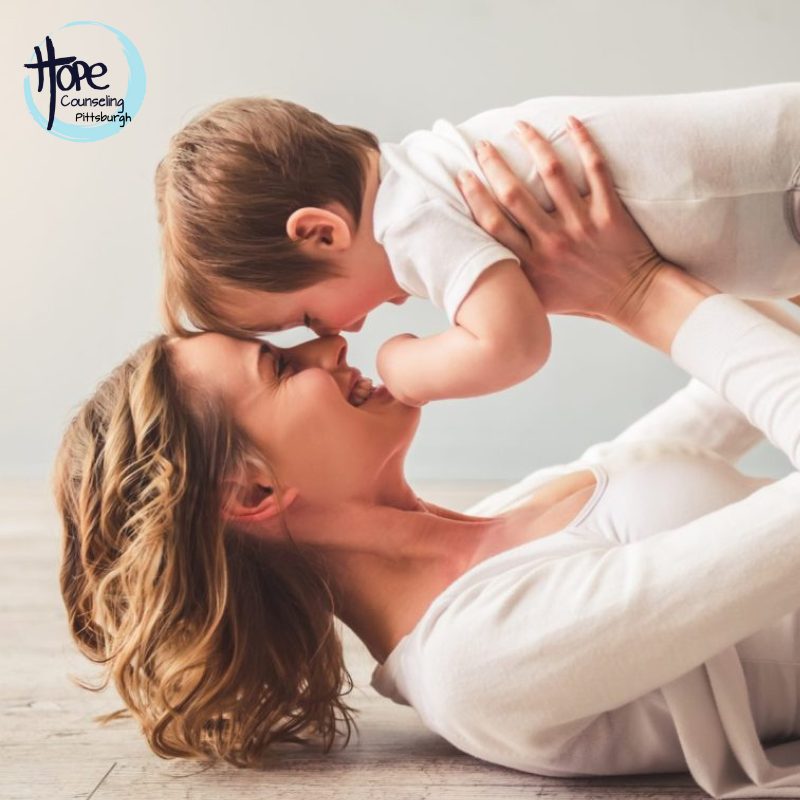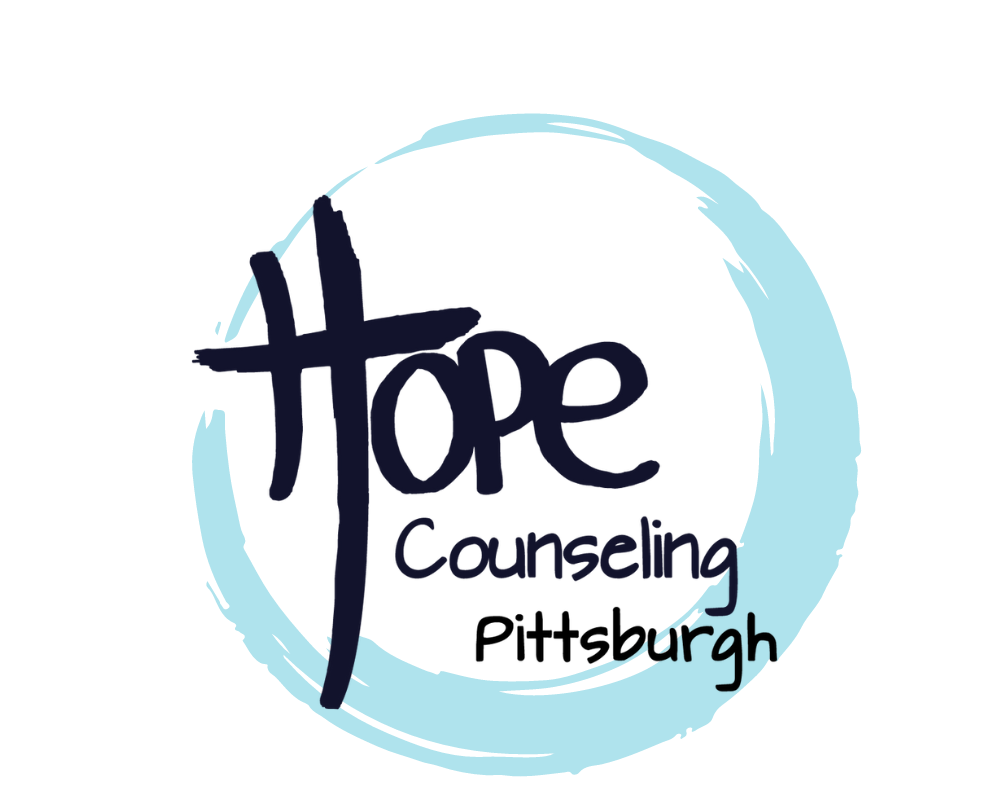Postpartum Depression

Postpartum depression is a type of depression that can occur after giving birth. It is a common condition that can affect up to one in nine women after giving birth. It is a serious condition that can affect women of all backgrounds and can occur anytime within the first year after giving birth. It is not the same as the “baby blues,” which are milder and usually goes away within a week or two.
Symptoms of postpartum depression may include:
- Persistent feelings of sadness, hopelessness, or emptiness
- Loss of interest in activities that you used to enjoy
- Difficulty bonding with your baby or feeling overwhelmed by the demands of parenting
- Difficulty sleeping, even when the baby is sleeping
- Changes in appetite, weight, or both
- Difficulty concentrating or making decisions
- Feelings of worthlessness or guilt
- Feelings of anger or irritability
- Loss of energy or motivation
- Thoughts of harming yourself or your baby
If you’re experiencing any of these symptoms, it’s important to seek help. Postpartum depression is treatable and the earlier it is diagnosed and treated, the better the outcome. There are many options for getting help, including:
- Talk to your healthcare provider: Your healthcare provider can assess your symptoms and recommend treatment options, such as medication or therapy.
- Seeking support from loved ones: It can be helpful to talk to your partner, friends, or family members about your feelings and ask for their support.
- Joining a support group: There are many support groups for women with postpartum depression, both in-person and online. These groups can provide a safe and supportive space to talk about your feelings and connect with others who are going through similar experiences.
- Seeking therapy: A therapist or counselor can help you work through your feelings and provide strategies for managing your symptoms.
Remember, you are not alone. Many women experience postpartum depression, and with the right treatment, you can recover and feel like yourself again. At Hope Counseling Pittsburgh, we have counselors who are ready to help you. Please call us for support at 724-987-2993
